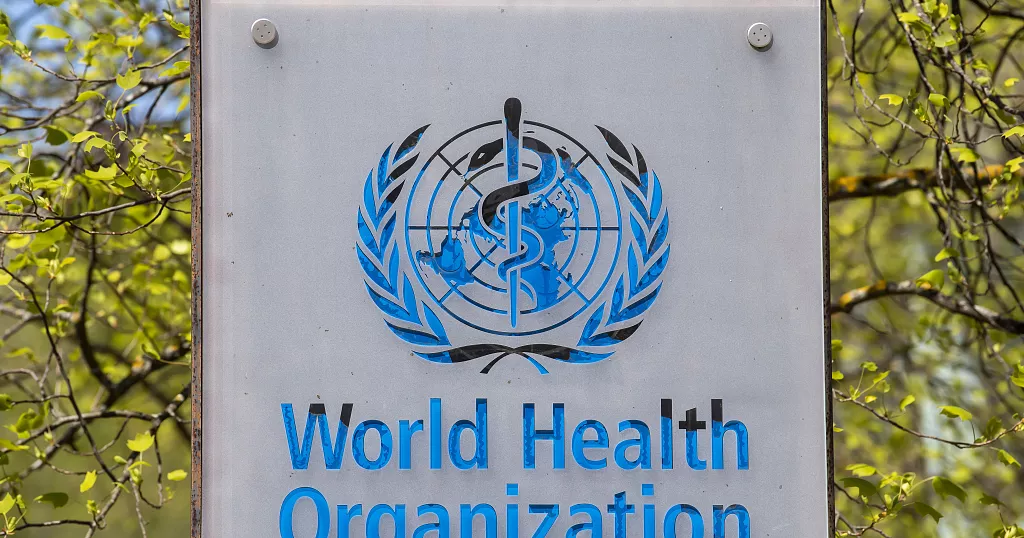Rwanda Faces Marburg Virus Outbreak as WHO Mobilizes Support
3 min read

Rwanda is grappling with a Marburg virus outbreak, with over 20 confirmed cases and several fatalities reported. In response, Rwandan health authorities are intensifying their efforts to control the spread of the virus.
The outbreak has affected multiple districts across the country. While some patients are currently isolated and receiving medical care, health officials are actively monitoring dozens of individuals who have had contact with confirmed cases. This monitoring is crucial for identifying potential new infections and understanding the transmission dynamics of the virus.
The World Health Organization (WHO) is stepping in to provide support. Plans are underway to send essential medical supplies to Kigali from Kenya in the coming days. Dr. Matshidiso Moeti, WHO Regional Director for Africa, emphasized the organization’s commitment to assisting Rwanda during this critical time. “With the country’s already robust public health emergency response system, WHO is collaborating closely with the national authorities to provide the needed support to further enhance the ongoing efforts,” she stated.
In addition to providing medical supplies, WHO is coordinating cross-border initiatives aimed at preventing the further spread of the Marburg virus. These measures are vital, given the virus’s high transmission potential.
Marburg virus disease, which belongs to the same family as the Ebola virus, causes severe hemorrhagic fever and carries a high fatality rate, reaching up to 88% in some cases. The virus is zoonotic, meaning it is transmitted to humans from animals, particularly fruit bats. Once in the human population, it spreads through direct contact with the bodily fluids of infected individuals, making containment efforts even more crucial.
As the situation develops, Rwandan authorities are working diligently to manage the outbreak. Public health campaigns are likely to be initiated to inform communities about the virus, its symptoms, and prevention measures. Increased surveillance and contact tracing will be critical in identifying and isolating new cases quickly.
The swift response from both Rwandan health officials and the WHO highlights the importance of international collaboration in addressing health crises. By leveraging existing public health frameworks and resources, Rwanda aims to mitigate the impact of the Marburg virus outbreak effectively.
In addition to medical supplies, training healthcare workers on infection prevention and control will be a priority. Ensuring that frontline workers are equipped with the knowledge and resources to handle potential cases is essential for reducing the risk of further transmission.
As the world continues to face various health threats, the importance of preparedness and rapid response becomes even more evident. The outbreak in Rwanda serves as a reminder of the vulnerabilities that nations face regarding emerging infectious diseases. It underscores the need for ongoing surveillance and investment in public health infrastructure.
The WHO’s role in supporting Rwanda during this outbreak reflects a broader commitment to global health security. By providing technical assistance and resources, the organization aims to empower countries to respond effectively to outbreaks, reducing the risk of widespread transmission.
As the situation unfolds, both Rwandan authorities and the international community will be closely monitoring developments. The hope is that with prompt action and collaboration, the Marburg virus can be contained, and the health of affected communities safeguarded.
In conclusion, the Marburg virus outbreak in Rwanda highlights the ongoing challenges posed by infectious diseases. With the support of WHO and the dedication of local health authorities, there is hope that this outbreak can be controlled swiftly, protecting the health and safety of the Rwandan population. As efforts continue, the resilience of the healthcare system will be put to the test, demonstrating the importance of preparedness and collaboration in the face of emerging health threats.